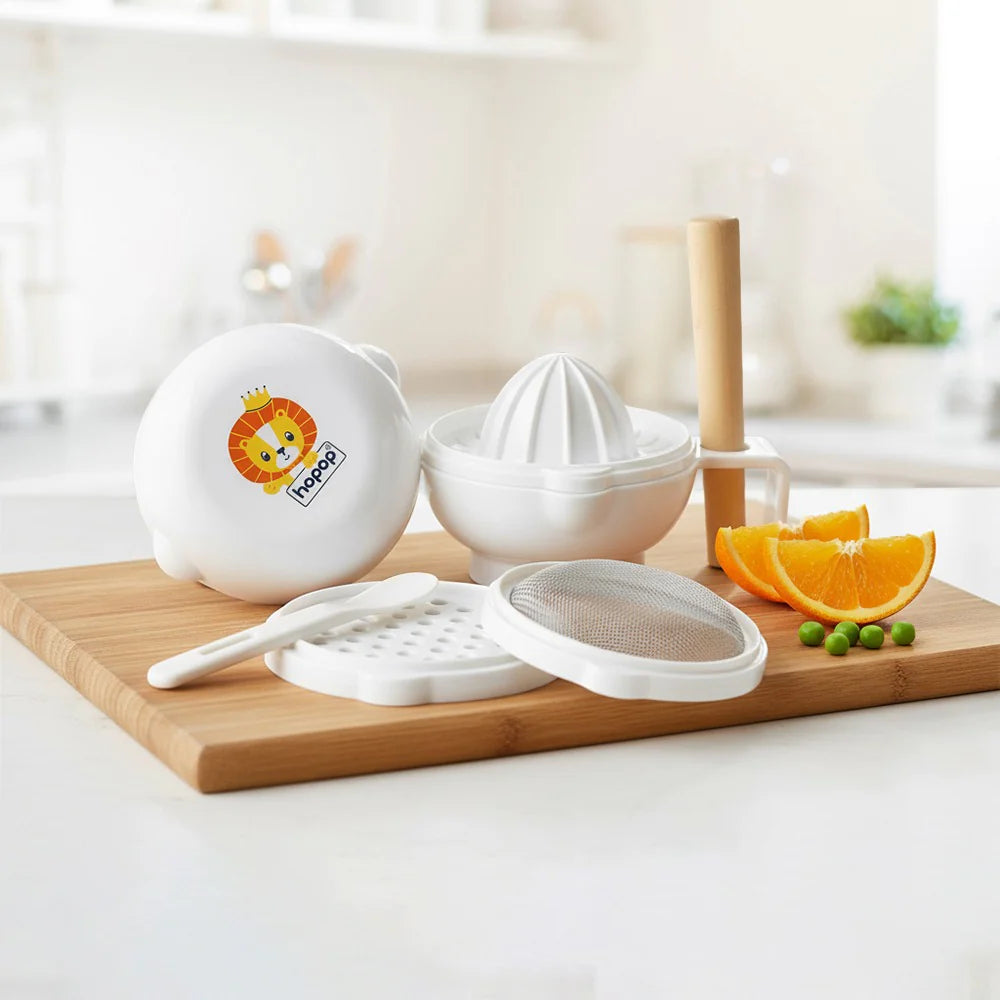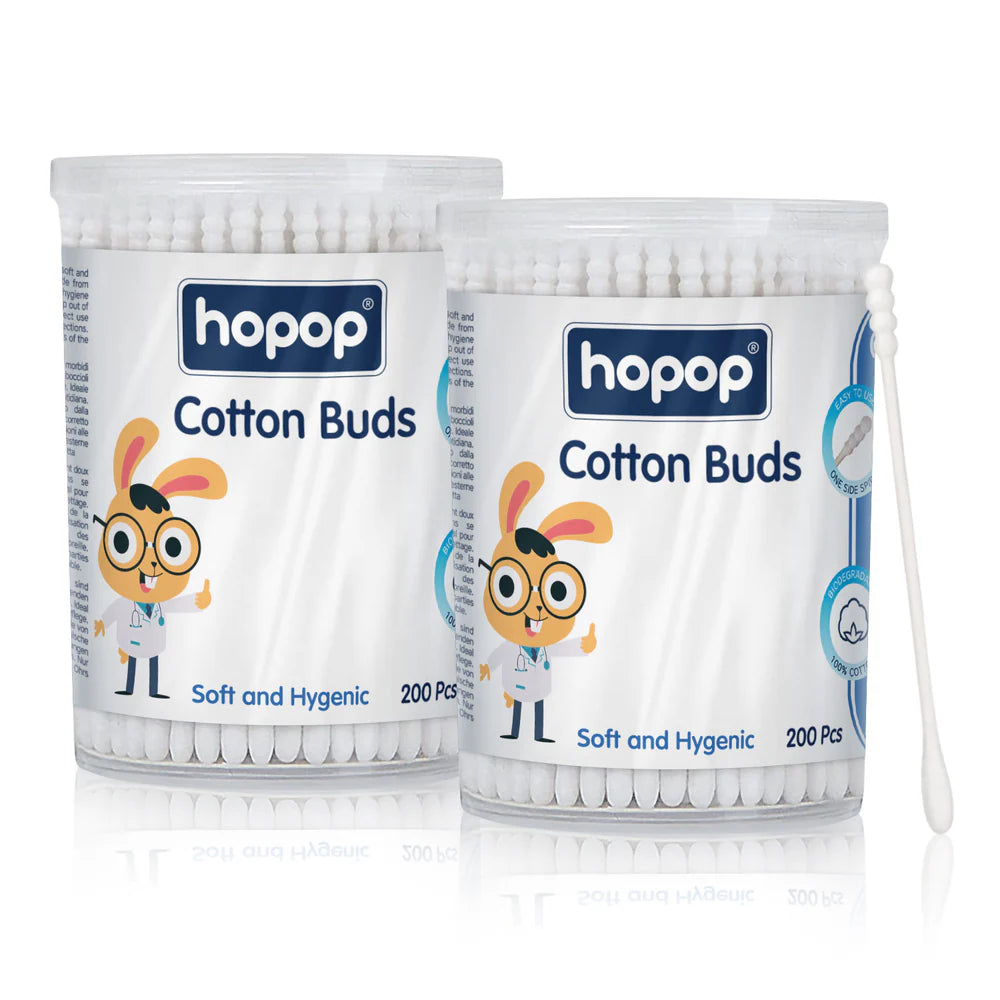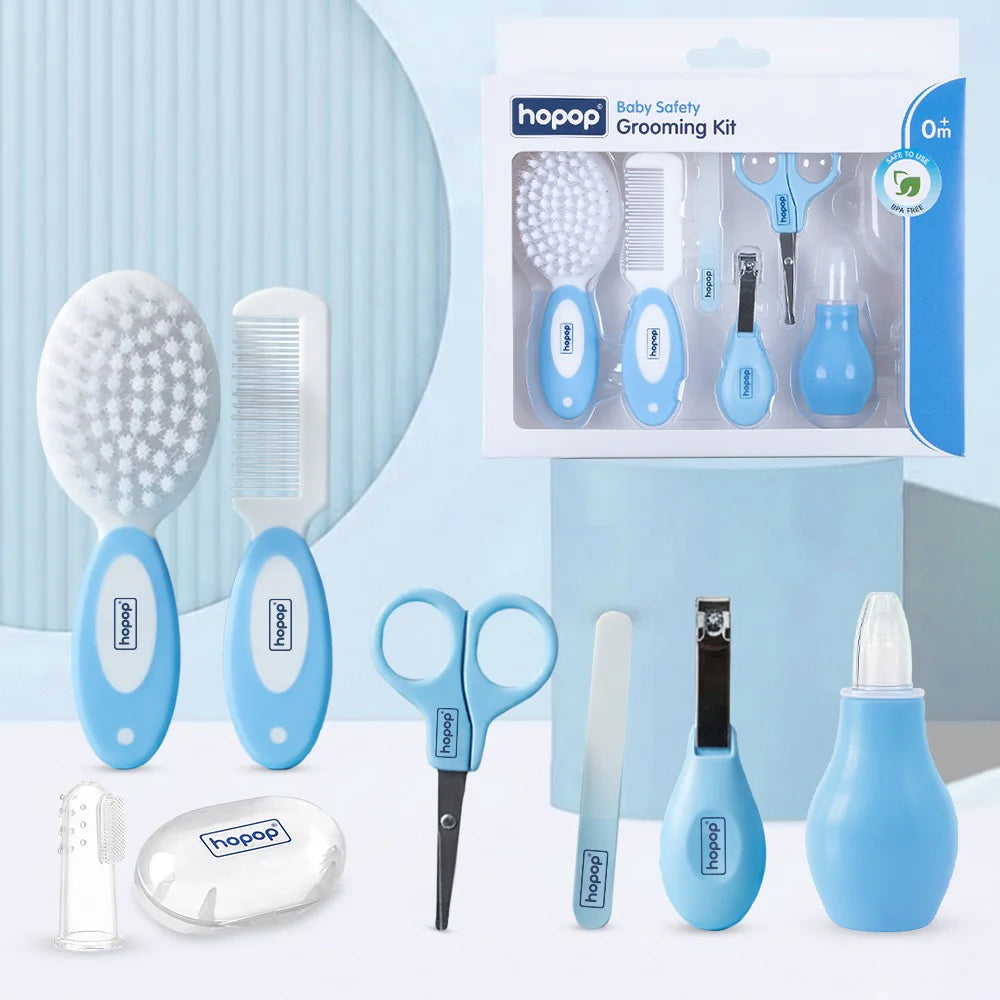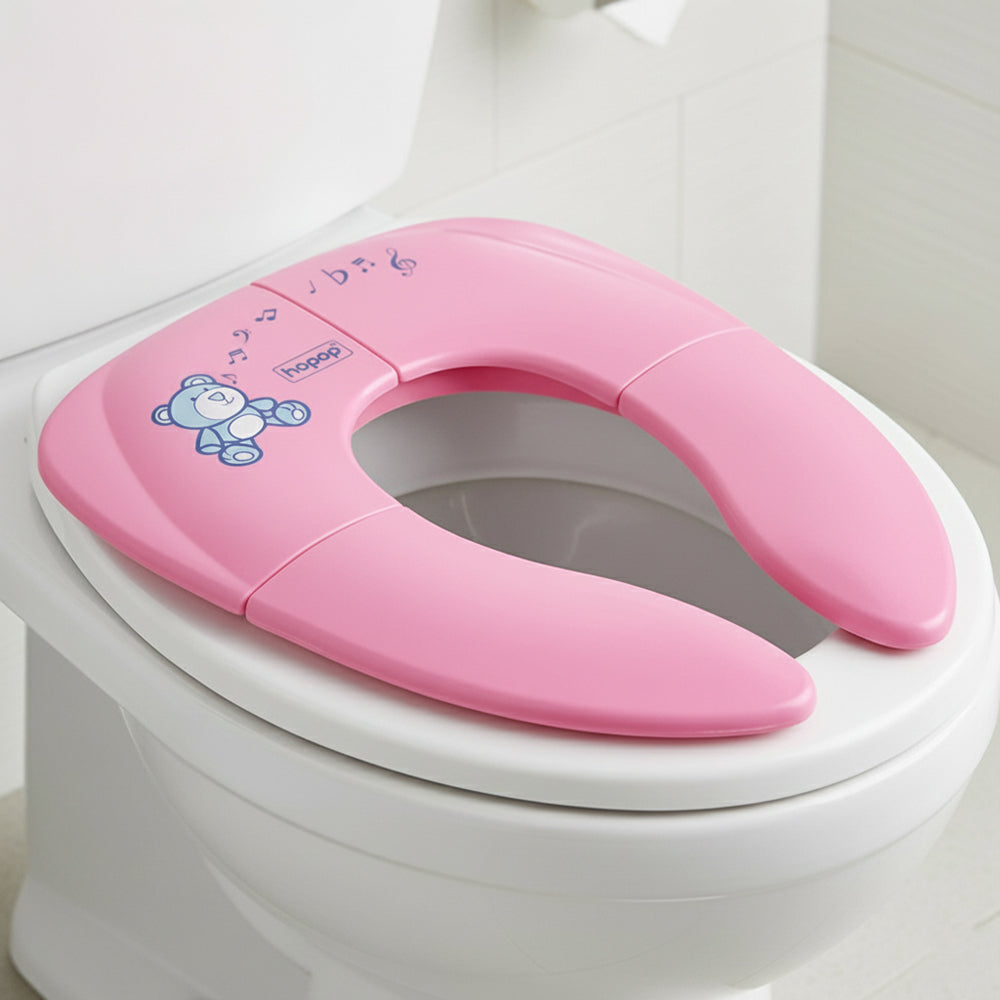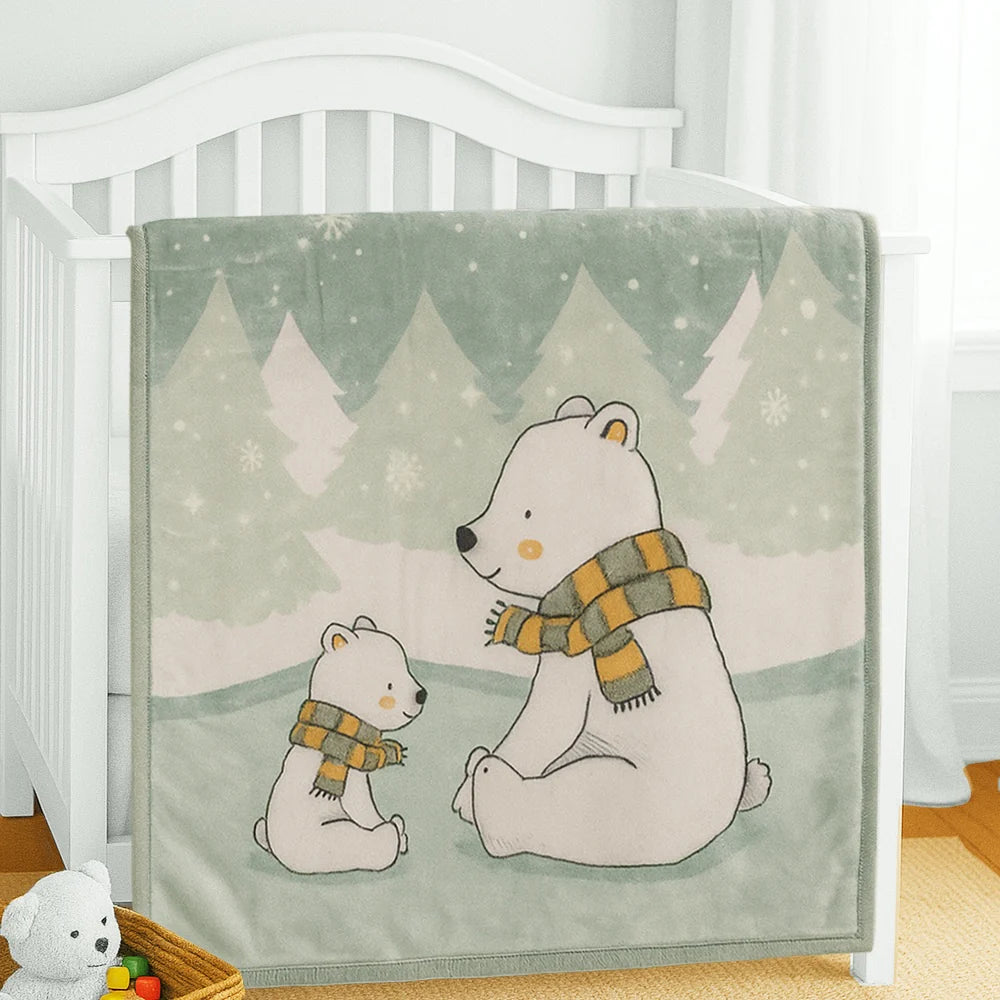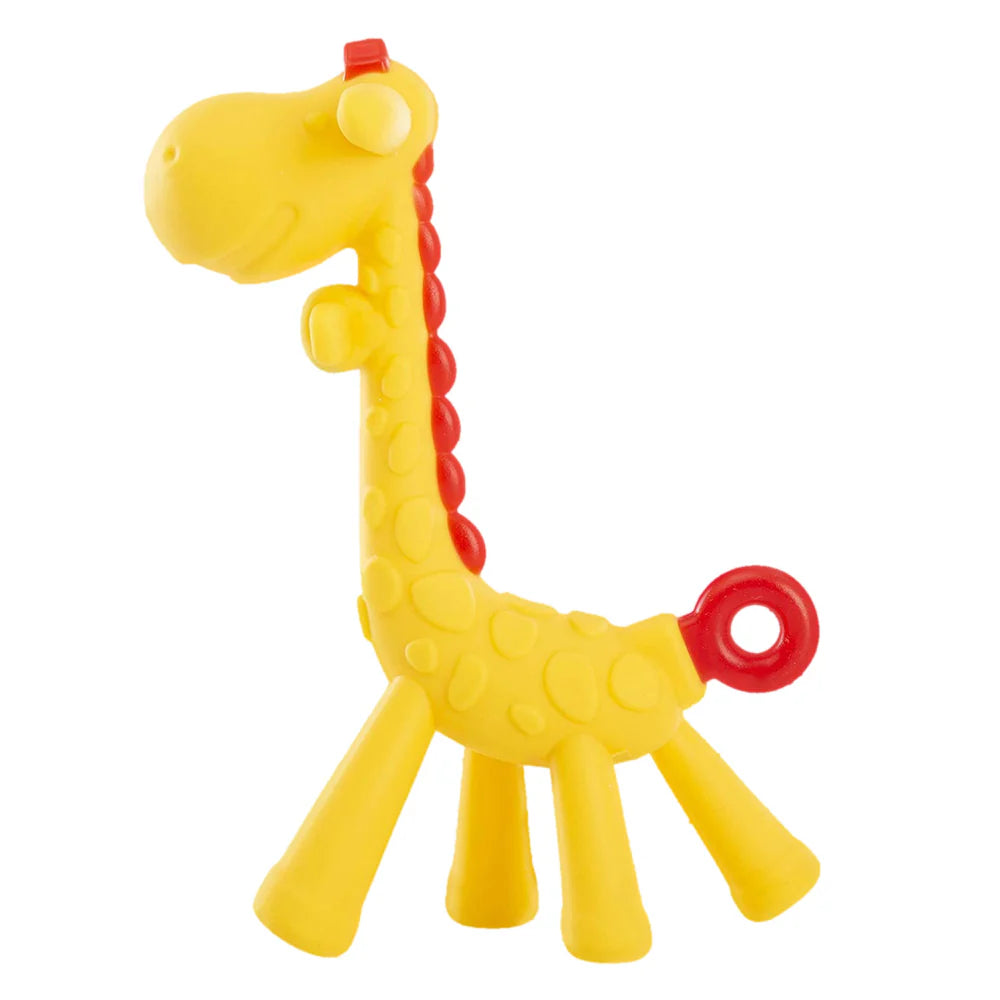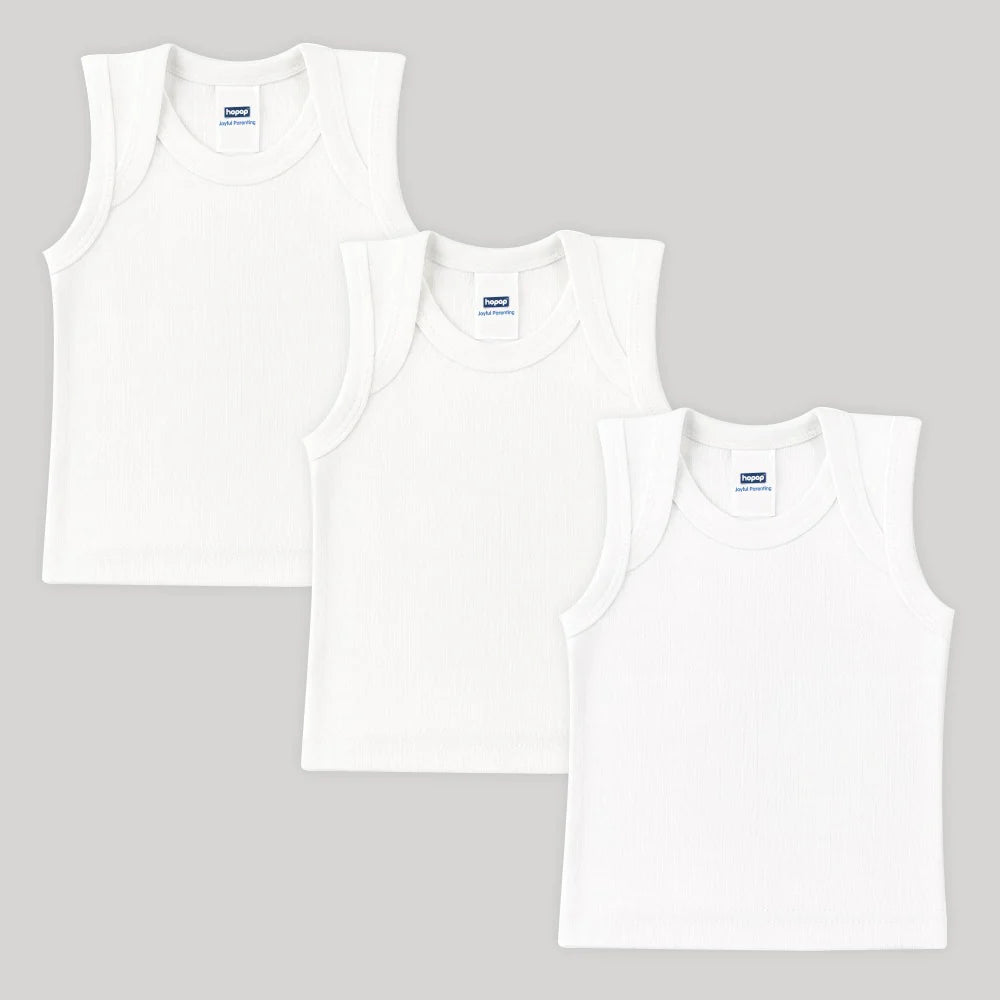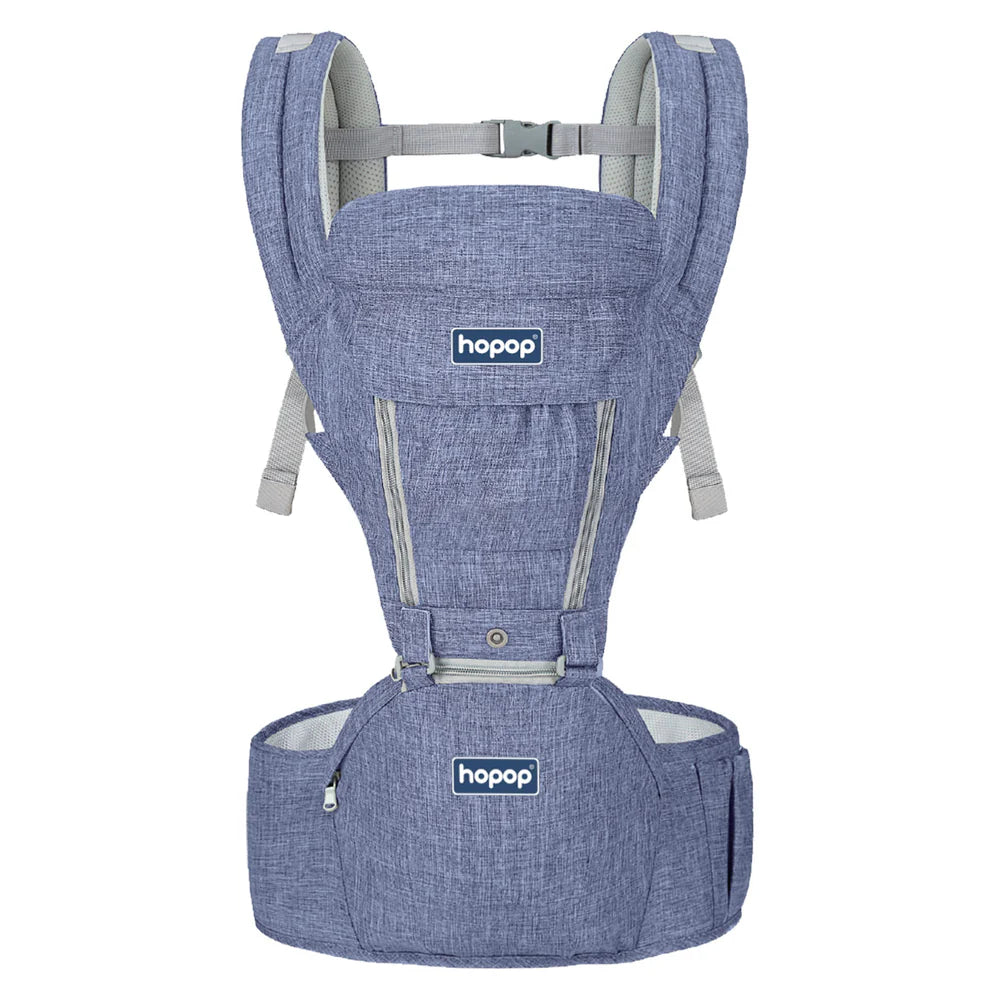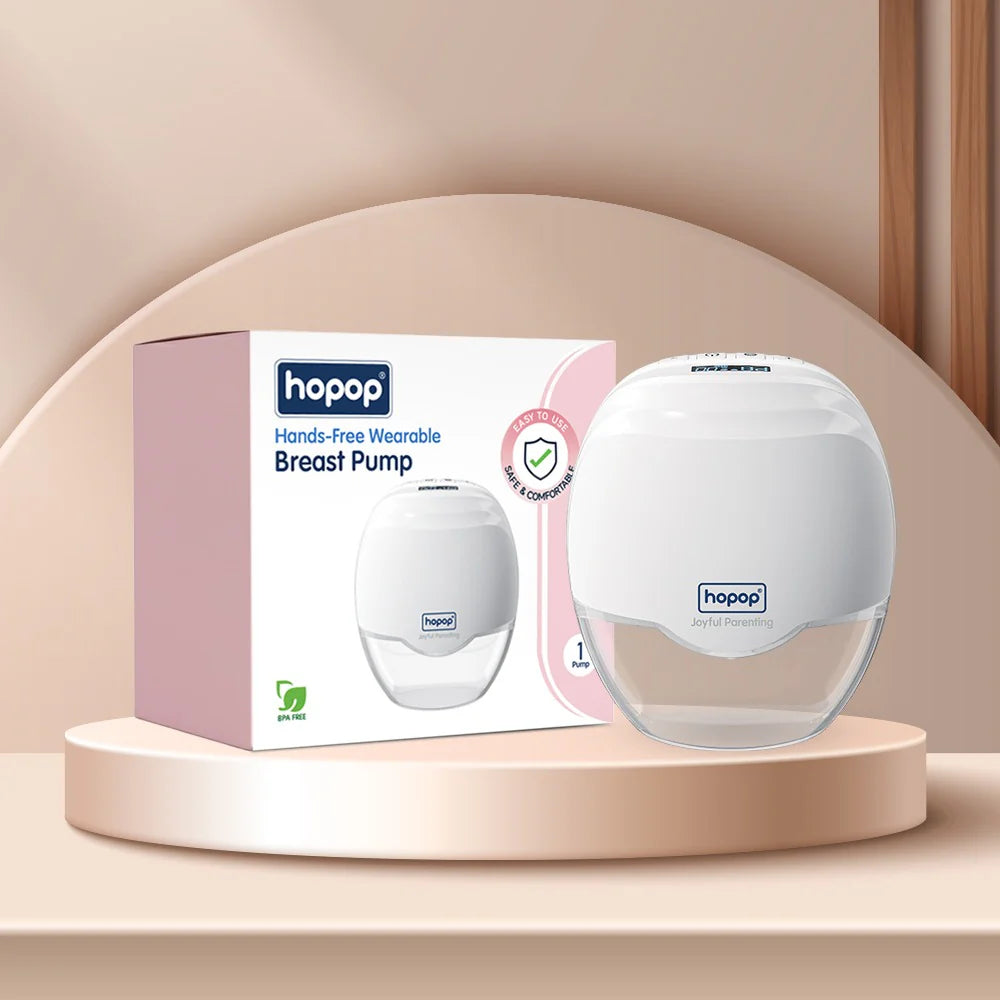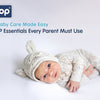Disposable vs Reusable Diapers: Which is Good for Babies?
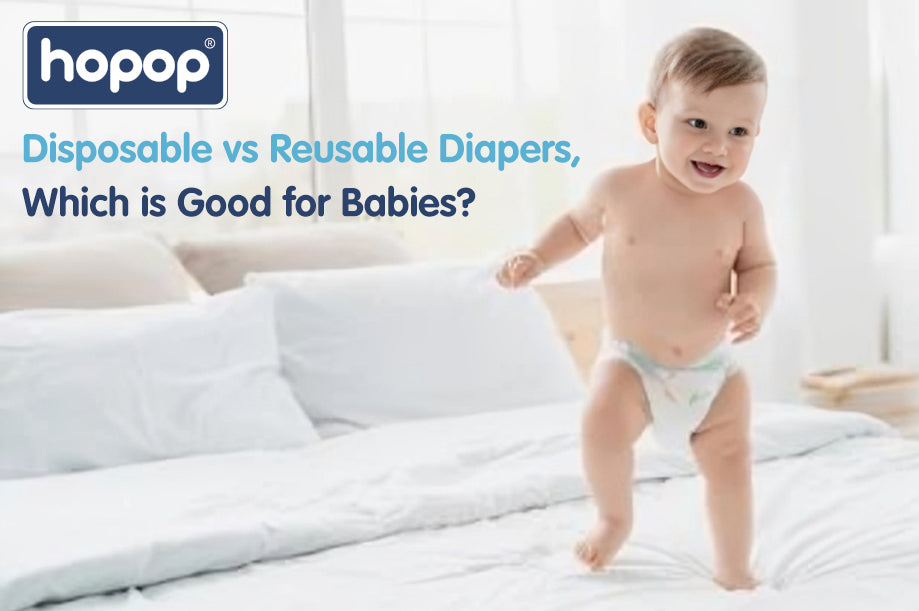
As a new parent, one of the first decisions you'll make for your little one is the type of diapers to use. The choice between disposable and reusable diapers can be a daunting one, with both options having their own advantages and disadvantages. In this blog post, we'll explore the pros and cons of each, helping you make an informed decision that's best for your baby and your family.
Disposable Diapers

Disposable diapers have long been the go-to choice for many parents, and for good reason. They offer a level of convenience that can be hard to beat, especially in the early days of parenthood when every minute counts.
Advantages of Disposable Diapers
- Convenience: Disposable diapers are easy to use and can be quickly discarded after use, making them a popular choice for busy parents.
- Absorbency: Modern disposable diapers are designed to be highly absorbent, keeping your baby's skin dry and comfortable.
- Availability: Disposable diapers are widely available in most stores, making them easily accessible.
Disadvantages of Disposable Diapers
- Environmental Impact: Disposable diapers contribute to a significant amount of waste, with billions of them ending up in landfills each year.
- Cost: Over time, the cost of purchasing disposable diapers can add up, especially for families with multiple children.
- Potential Skin Irritation: Some babies may be more prone to skin irritation or rashes from the chemicals and materials used in disposable diapers.
Reusable /Cloth Diapers
Reusable diapers, also known as cloth diapers, have been making a comeback in recent years as parents become more conscious of their environmental impact.
Advantages of Reusable Diapers
- Environmental Friendliness: Reusable diapers are a more sustainable option, as they can be washed and used repeatedly, reducing waste.
- Cost-Effective: While the initial investment in reusable diapers may be higher, the long-term cost savings can be significant, especially for families with multiple children.
- Skin Health: Reusable diapers are often made from natural, breathable materials that can be gentler on a baby's sensitive skin.
Disadvantages of Reusable Diapers
- Time and Effort: Reusable diapers require more time and effort for washing, drying, and maintaining than disposable diapers.
- Bulkiness: Reusable diapers can be bulkier than their disposable counterparts, which may be a consideration for some parents.
- Availability: Reusable diapers may not be as widely available as disposable diapers, especially in certain regions or stores.
Comparing the Costs
When it comes to the cost of diapers, both disposable and reusable options have their own considerations. Disposable diapers may have a lower upfront cost, but the ongoing expenses can add up quickly, especially as your baby grows. Reusable diapers, on the other hand, require a higher initial investment, but can save you money in the long run.
Factors to Consider
When choosing between disposable and reusable diapers, there are several factors to consider:
- Lifestyle: Think about your daily routine and how much time and effort you're willing to dedicate to diaper care.
- Budget: Evaluate your family's budget and determine which option fits best.
- Environmental Concerns: If you're looking to reduce your environmental impact, reusable diapers may be the better choice.
- Baby's Comfort: Consider your baby's skin sensitivity and choose the option that will keep them most comfortable.
Tips for Using Each Type
Disposable Diapers
- Follow the size and weight guidelines on the packaging to ensure a proper fit.
- Dispose of used diapers properly in a sealed trash can.
- Keep an eye out for any signs of skin irritation and adjust as needed.
Reusable/Cloth Diapers
- Invest in a variety of sizes and styles to accommodate your growing baby.
- Establish a regular washing routine to keep the diapers clean and fresh.
- Use a gentle, fragrance-free detergent to avoid skin irritation.
Conclusion
Choosing between disposable and reusable diapers is a personal decision that depends on your family's needs, budget, and environmental priorities. By weighing the pros and cons of each option, you can make an informed choice that will provide the best care for your little one. Remember, there's no one-size-fits-all solution, so don't be afraid to experiment and find what works best for you and your baby.
FAQs
1. How much money can I save by using reusable diapers?
The cost savings of reusable diapers can vary, but on average, families can save thousands of dollars over the course of their child's diapering years.
2. Are reusable diapers more environmentally friendly?
Yes, reusable diapers are generally considered more environmentally friendly than disposable diapers, as they reduce waste and the use of natural resources.
3. Can reusable diapers cause skin irritation?
While reusable diapers are often made from natural, breathable materials, some babies may still experience skin irritation. It's important to monitor your baby's skin and adjust the diapering routine as needed.
4. How often do I need to wash reusable diapers?
The frequency of washing reusable diapers can vary, but most experts recommend washing them every 2-3 days to maintain cleanliness and prevent odors.
5. Are there any special considerations for using disposable diapers?
Yes, it's important to follow the size and weight guidelines on the packaging, dispose of used diapers properly, and keep an eye out for any signs of skin irritation.

